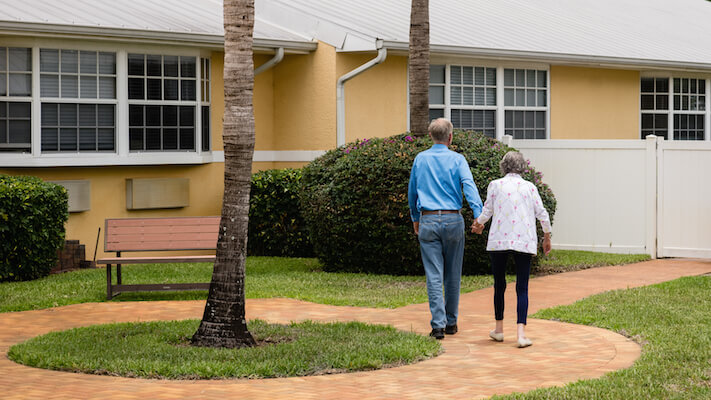
Receiving a diagnosis of Alzheimer’s Disease or another dementia can be devastating. It almost always feels shocking, even if some of the initial signs were there. During your subsequent visits to your geriatrician or neurologist, it is important to keep a level head by asking important questions that can help you to guide the future care of your loved one. Here are a few questions that you should consider asking, along with what to do with the answers.
What is my diagnosis?
All dementia or memory loss issues are not caused by Alzheimer’s Disease, which can be a common misconception. Dementia can also be caused from vascular disease, Parkinson’s, alcoholism, or other medical conditions. Assure that you know what type of dementia your family will now be fighting.
What medication should we start on?
While Alzheimer’s Disease and most other dementias are not curable, the correct medication regimen has been shown to at least slow down the progression of the disease. Keeping in mind that medications will be changed as the disease progresses, knowing where to start can help you regain feelings of control.
Can you direct me to some local support groups?
Finding a system of support and encouragement is vital to you and to your loved one. Ask for contact information about dementia support groups for the patient and for caregivers; both of you will need the encouragement that only those who are also going through the dementia journey can understand.
Can you give me information on Power of Attorney selection?
Getting your loved one setup with a Power of Attorney (POA) for both health care and financial decisions is imperative. Unfortunately, dementia is a progressive disease which means that memory and judgment will continue to decline over the next years. Don’t wait until it is too late for your loved one to make a responsible choice for who they would like to guide their medical and financial care. Instead, allow your loved one to make that decision now so that it isn’t too difficult a few months or years down the road.
Is it safe for my loved one to stay at home, even if I’m there?
Have the conversation with the doctor about leaving your loved one home alone. While it may be safe now, it may not be as the disease progresses. Keep an eye on your loved one and their symptoms and be sure to check-in frequently with their doctor.
Can you provide me with contact information for local memory care communities?
If your loved one has early stage dementia, this question may seem a bit premature. However, starting to look at your memory care options early on allows for your loved one to be a part of the process, giving them the opportunity to make decisions that impact their future care. Make appointments to tour local memory care communities that offer a structured activity program, and a dining program that incorporates independence along with dignity.
A diagnosis of dementia is a game changer, that is certain. However, if you are able to arm yourself with reliable information while planning for the future, you can decrease extra stress on your loved one and family. Good luck!

